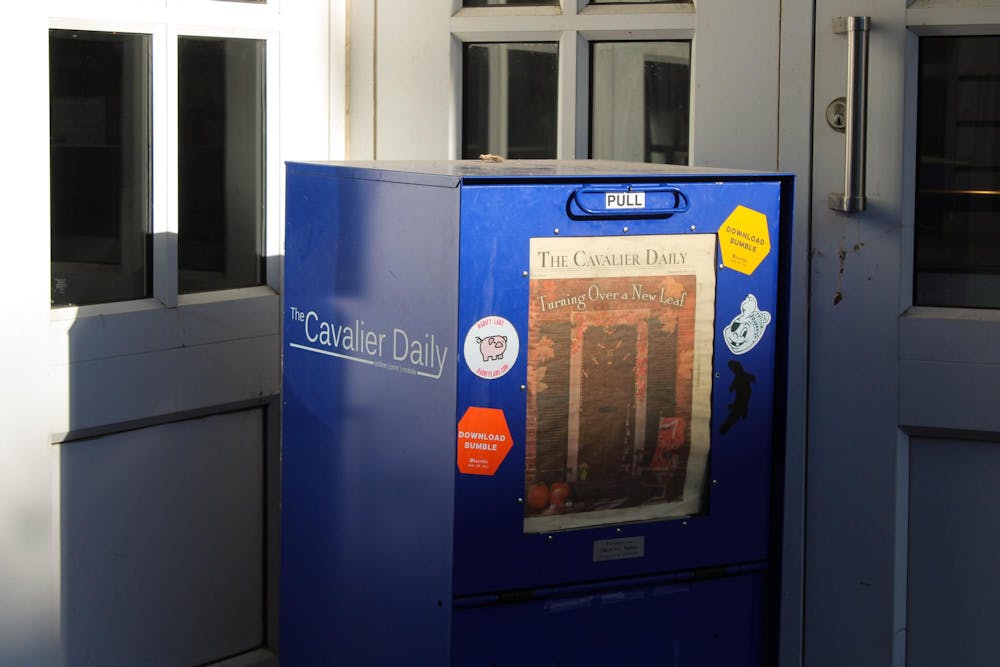The Cavalier Daily joined 54 other student news organizations across the nation in signing onto an amicus brief Wednesday in support of The Stanford Daily’s federal lawsuit challenging the Trump administration’s recent immigration-policy enforcement. The brief was submitted by the Student Press Law Center, together with the Associated Collegiate Press and the College Media Association, in support of The Stanford Daily.
In August, the Foundation for Individual Rights and Expression brought a lawsuit on behalf of The Stanford Daily against U.S. Secretary of State Marco Rubio and U.S. Secretary of Homeland Security Kristi Noem, in their official capacities. The complaint alleges that the State Department and the Department of Homeland Security have unlawfully invoked two provisions of the 1952 Immigration and Nationality Act to expand federal discretion over international students’ visa status.
According to the lawsuit, federal officials have relied on those provisions in ways that the plaintiffs argue unlawfully threatens noncitizen students with visa revocation or deportation based on protected speech. The complaint contends that this application of the law allows the government to penalize individuals for expression deemed inconsistent with U.S. foreign-policy interests or subject to the Secretary of State’s broad discretion over visa status.
According to the complaint, these threats have caused student journalists at Stanford to self-censor, withdraw bylines on opinion pieces or leave the paper altogether for fear of immigration consequences.
The amicus brief — a document filed in support of a party in a lawsuit — emphasizes the role of international students in campus media, and it argues that fear of immigration consequences limits their ability to participate fully in student journalism. The filing urges the court to consider how these federal policies may affect freedom of expression within academic institutions.
“Targeting international student journalists doesn’t just punish speech — it erases perspective … Limiting that exposure harms not only the noncitizen student who wishes to speak but also those who wish to hear them — even when the message is one the government dislikes,” the brief reads.
Naima Sawaya, editor-in-chief of The Cavalier Daily and fourth-year College student, said the paper weighed several considerations before deciding to sign onto the brief.
“We ultimately decided that what the SPLC had written and what the Stanford case was arguing was both reflective of our experiences as a newsroom and also something that we wanted to support more broadly,” Sawaya said. “At its core, this is a statement about editorial processes and systems, not about politics. It’s about ensuring that papers like ourselves have the ability to continue publishing without fear of retribution and that all staffers are protected by the same rights.”
Sawaya added that the case emphasizes the importance of protecting student journalists’ constitutional rights regardless of their status.
“If The Stanford Daily is able to triumph, and more importantly, if the SPLC’s arguments are reflected in the rulings — it upholds the right of student journalists around the country to publish without fear of retribution,” Sawaya said.
According to the brief, the suit’s goal is to emphasize the importance of student journalists and the work they do to reflect a “diverse range of viewpoints and voices,” as well as to show the “devastating chilling effect” that the government’s actions against a few students for their speech has had on student newspapers.
The case is pending before the U.S. District Court for the Northern District of California. If successful, The Stanford Daily’s suit could establish new legal precedent about governing the intersection of student journalism, immigration law and free-speech protections.







